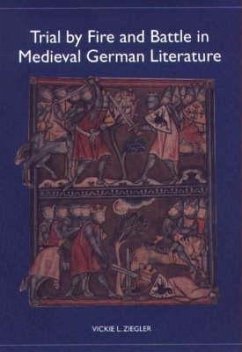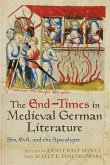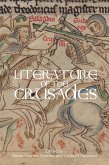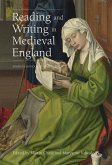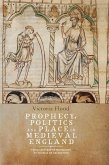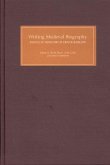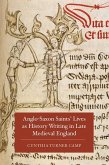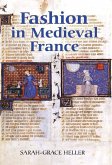Medieval judicial ordeals, especially trial by fire or battle, conjure up vivid pictures in the modern imagination. Searing iron and clashing swords shape popular perceptions of the Middle Ages, yet leave the reader without a context in which to understand this most dramatic and most drastic of medieval judicial remedies. This book brings together literary texts that provide some of the most vivid and detailed accounts of the medieval ordeal. It analyzes the dramatic treason trials in late medieval Charlemagne epics, where the great emperor presides over the judicial combat that convicts his nephew Roland's killer. The two epics chosen -- Stricker's Karl der Groe and the Karlmeinet -- treat trial by battle as the living legal reality it was in those times, yet display very different attitudes toward feud and punishment in their respective (13th- and 14th-century) societies. Gottfried's Tristan contains an ordeal by battle, of which the author approves, and an ordeal by fire, of which he does not, reflecting a common position of the intelligentsia around 1210, the probable time of writing. Well after the condemnation of ordeals by the Fourth Lateran Council, the Kunigunde legend preserves the ordeal by fire in a sort of hagiographic amber, much as it was portrayed in the mid-12th-century Richardis legend, while Stricker's short secular burlesque "The Hot Iron," written in the mid 13th century, makes sport of this formerly serious legal proceeding, reflecting the almost immediate abandonment of trial by fire as a legal proof after the council's decision. The study brings extensive background material in legal and cultural history to bear on literary texts, enabling both medievalists andgeneral readers to reach a broader and more informed understanding of the function of the ordeal and related legal issues in the texts as well as in the larger society for whom these works were written.Vickie L. Ziegler is professor of German and Director of the Center for M
Hinweis: Dieser Artikel kann nur an eine deutsche Lieferadresse ausgeliefert werden.
Hinweis: Dieser Artikel kann nur an eine deutsche Lieferadresse ausgeliefert werden.

